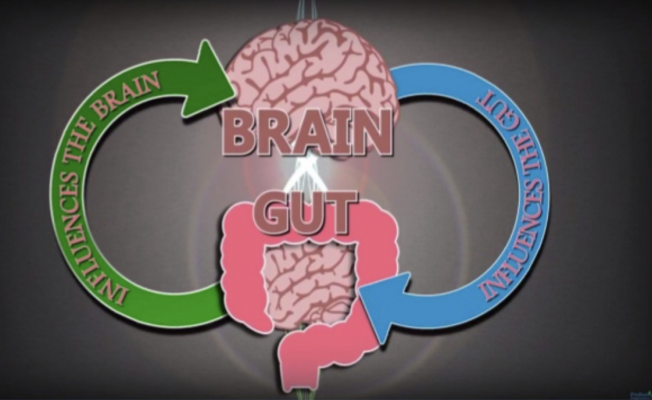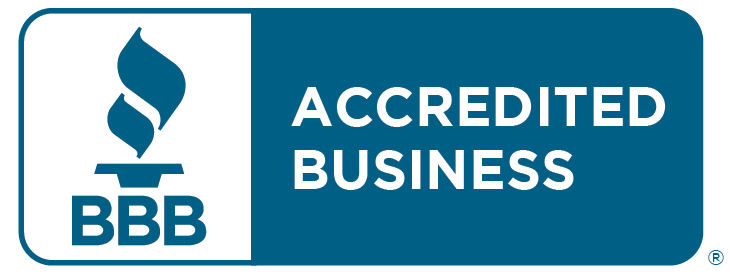Much like Las Vegas, what happens in your gut doesn’t stay there. In other words, chemical messengers made by your gut bacteria migrate via the vagus nerve to influence brain chemistry, neurotransmitters, and even mood. How? Your gut is filled with microbial information that provides constant communication to the brain. Some messages are positive and induce feelings of safety in the body, other messages are challenging and produce inflammation that can result in depression.
Thankfully, there are things you can do to encourage your gut to provide mood supportive messages to your brain. Here are my top three that make sense to emphasize this fall:
- Work with your therapist to lessen stress. Stress-related disorders contribute to an alteration of the gut lining, creating “leaky gut”, which allows inflammatory chemical messengers called lipopolysaccharides (LPS) to more readily travel to your brain. If it is difficult to lessen stressors, you can also work with a nutrition pro to select foods and supplements that have been shown to lessen the perception of stress – one example is foods high in omega-3 fatty acids such as salmon, chia seeds, and walnuts. Check out one of my favorite recipes high in omega-3’s: Saffron Salmon Kabobs and Asparagus. Not only does it have the punch of the omega-3 fatty acids, but the saffron is also a potent anti-inflammatory that is frequently used to relieve depression.
- Teach your gut that it is safe by sending it messages with food. Fruits, vegetables, and other foods such as cocoa that are rich in anti-inflammatory compounds. For the chocolate lovers out there, one study showed increased calmness and contentedness within 30 days of consuming a daily drink containing cocoa polyphenols – chocolate for the win! Blueberries are another great neuroprotective option. In a study in healthy 12-17 year olds, daily blueberry consumption for four weeks resulted in fewer self-reported depressive symptoms. Choosing foods that are blue-purple and dark red is a great choice. Consider adding eggplant, plums, berries, peppers, beets, and purple carrots and potatoes to your dinner rotation. One favorite in my house is a Warm Beet Soup with Dill.
- Find ways to stimulate your vagus nerve. The vagus is a nerve that plays an essential part of the communication between the brain and the gut. It fights inflammation, and helps improve parasympathetic “rest and digest” response. In short, improving vagal tone will ease depression – and there are FDA-approved implantable vagus stimulators already in use for depression. You’re already familiar with great ways to stimulate the vagus – breathing exercises, yoga, and meditation. But if those paths don’t feel accessible, talk to your therapist at Illuminate Therapy & Wellness about the Safe and Sound Protocol – a way to stimulate the vagus via sound. Nutrition pros can also create a plan to improve vagal tone using supplements such as probiotics, short-chain fatty acids, anti-inflammatory compounds, and more. Prebiotic and probiotic-containing foods can also help tell the vagus to send positive messages. Try my Sausage and Sauerkraut Skillet to get a dose of beneficial probiotic bacteria – be sure to buy the sauerkraut that is in the refrigerated section to get the best effect.
If you’re feeling depression creep in as the days get shorter, be sure to reach out to your therapist, a trusted friend, and a nutrition pro. Don’t suffer in silence – new research is coming out all the time about evidence-based ways to support your mood and get you through the dark days of fall and winter.
Meg Bowman MS CNS LDN CHES is a co-founder and clinician at Nutrition Hive (www.nutritionhive.health), she sees people who are experiencing their own eating behavior, mental health, and GI challenges using a weight inclusive functional medicine lens. She loves dogs, books, and tea, as well as a good joke and well placed swear word. You can find her on Facebook @nutritionhive and on Instagram @nutritionhive.heath.






